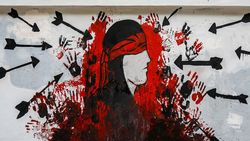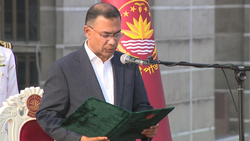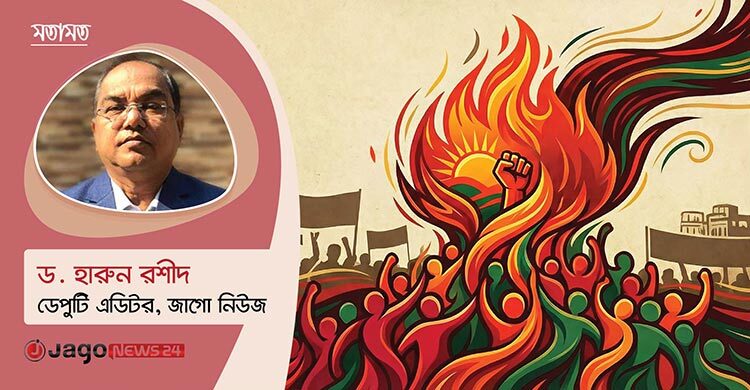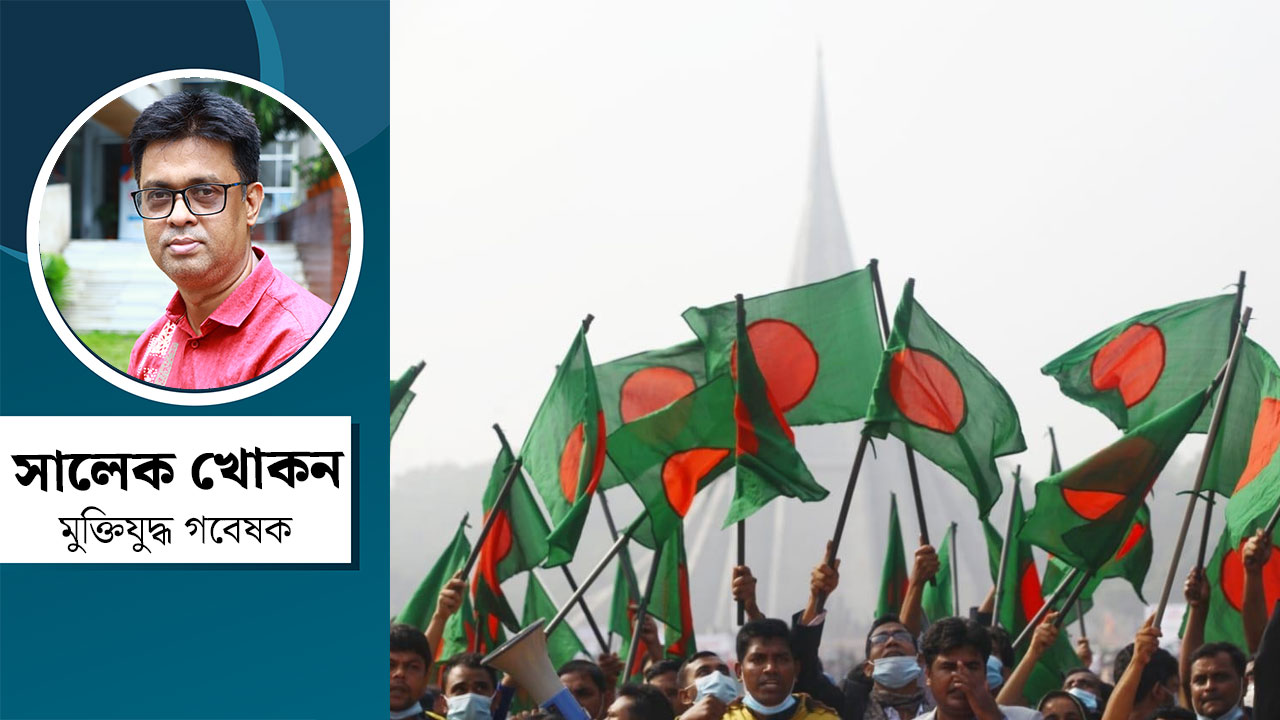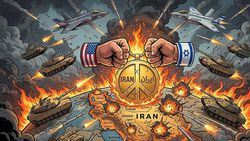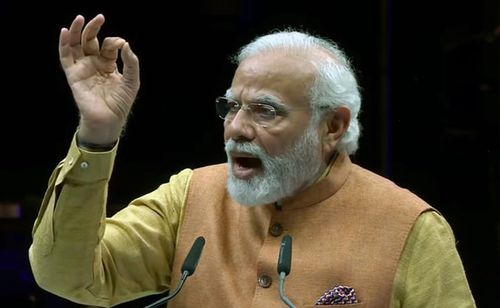
Opinion: The Only Narrative Of Nationalism On Offer Is Hindutva
There are two common ways of thinking about India's political history. One is that we have journeyed from Congress dominance to BJP dominance with a quarter-century of competitive coalitions in between. The other is that more or less from the outset, Indian politics has been defined not by class or ideology, but by the competitive mobilisation of caste, communal and regional identities.
The ideological history of our politics is a story less often told. And yet, from our first general election onwards, our national politics has usually been defined by ideological distinctions.
In 1952, after those first elections, India had a range of local and regional parties, and four national ones. Those four national parties each represented a distinct ideological orientation or tradition. One right-of-centre party, the Jan Sangh; one Marxist-Leninist party, the Communist Party of India; one non-Marxist, "indigenous" Left-wing party, the Socialists; and one big-tent or catch-all centrist party, the Congress. From the Jan Sangh on the right end of the spectrum, to the Communists on the left, they presented voters with a genuine range of views on India's future.



